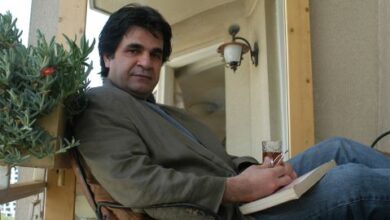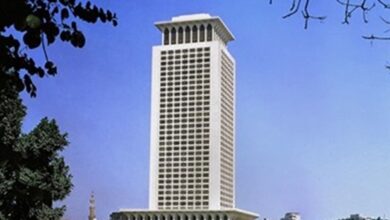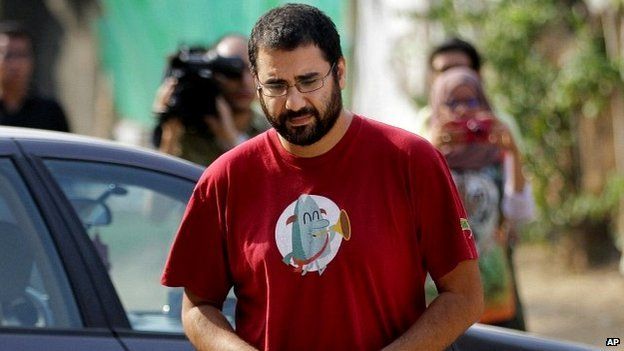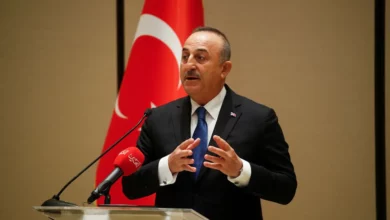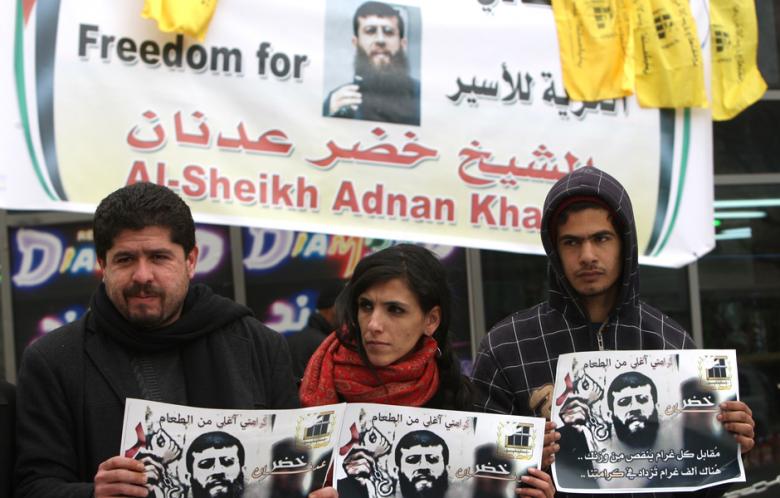
Palestinian Mohammed Allan, being held without trial by Israel, suspended a hunger strike Friday, two days after resuming it, a lawyer for the Palestinian Prisoners Club said.
Allan's recent two-month hunger strike brought him near death and boosted tensions in the occupied West Bank.
His detention, scheduled to last until November 4, was suspended by Israel's High Court on August 19 as he received medical treatment following his hunger strike, which twice left him in a coma.
But Israel renewed his detention Wednesday following an improvement in his health and his release from hospital.
Lawyer Jawad Boulos said Allan had "suspended his hunger strike Friday morning after receiving an explanation about his judicial situation."
He did not elaborate, but said he would contact Israeli authorities next week with a view to resolving the situation.
The 31-year-old lawyer is said to be a member of the militant group Islamic Jihad.
Israel's internal security service Shin Bet said that given the improvement in Allan's medical condition and based on intelligence, they had recommended his rearrest as "his release would constitute a danger to the region's peace and security".
The measure under which Allan is held, known as administrative detention, allows imprisonment without trial for six-month periods renewable indefinitely.
Israeli officials say it is an essential tool in preventing attacks and protecting sensitive intelligence because it allows authorities to keep evidence secret.
Israeli authorities allege that before his November arrest, Allan "was in contact with an Islamic Jihad terrorist" with the aim of carrying out large-scale attacks.
Allan was previously imprisoned from 2006 to 2009 for allegedly seeking to recruit suicide bombers and assisting wanted Palestinians, Israeli security forces say.
His lawyers say he was never told of the accusations against him during his recent detainment, and friends have described him as "religious, but not radical".

